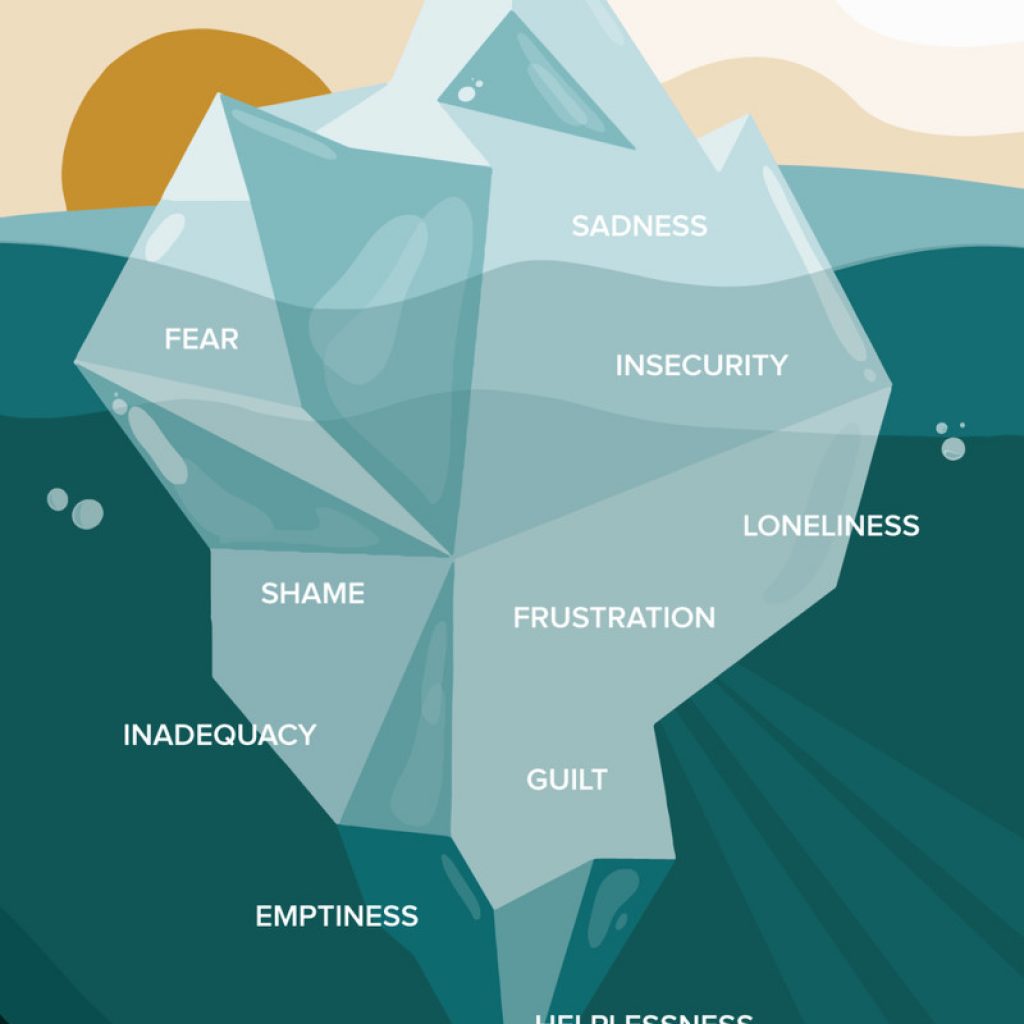Childhood experiences undeniably shape our adult lives, influencing our personalities, relationships, and worldviews. This blog explores the profound impact that an unhappy childhood can have on who we become as adults. Each section delves into a unique aspect of this influence, offering insights and understanding.
1. Emotional Sensitivity

An unhappy childhood often heightens emotional sensitivity. Those who have experienced neglect or trauma may find themselves more attuned to the emotions of others. This heightened awareness can lead to strong empathy, but it may also result in emotional overwhelm.
Many individuals carry these sensitivities into adulthood, impacting personal and professional relationships. Understanding this trait can help in developing coping mechanisms, allowing for better emotional regulation and healthier interactions.
Recognizing the root of this sensitivity is crucial in transforming it into a strength rather than a hindrance.
2. Trust Issues

Growing up in an unstable environment can lead to significant trust issues. When caregivers are inconsistent, children learn to be cautious, often expecting betrayal.
As adults, this manifests as difficulty in forming close relationships, always fearing vulnerability might lead to rejection or harm.
Addressing trust issues requires time and effort, often involving therapy. Building trust incrementally, testing the reliability of others, and learning to communicate openly can gradually rebuild the capacity to trust.
3. Fear of Failure

An unhappy childhood often instills a profound fear of failure. Criticism and high expectations can create an internalized voice that doubts personal abilities.
This fear can stifle ambition, causing hesitancy in pursuing opportunities, and leading to self-sabotage. The fear is pervasive, affecting both career choices and personal aspirations.
Overcoming this involves affirming self-worth, setting realistic goals, and embracing the learning process inherent in failure. Encouragement and support from trusted individuals also play a vital role in this journey.
4. Perfectionism

Perfectionism often stems from an unhappy childhood, where love and approval were conditional. The need to be flawless becomes a coping mechanism to gain acceptance.
This trait can drive success but often leads to stress and burnout. Perfectionists struggle with self-criticism and dissatisfaction, feeling their efforts are never enough.
Balancing this trait involves embracing imperfection, setting boundaries, and practicing self-compassion. Realizing that mistakes are part of growth can help mitigate the negative impact of perfectionism.
5. Low Self-Esteem

An unhappy childhood can severely impact self-esteem. Constant criticism or neglect fosters a belief of inadequacy, impairing self-confidence.
This low self-worth often persists into adulthood, affecting decision-making and relationships. Individuals might settle for less, doubting their capability to achieve and deserve more.
Building self-esteem requires positive affirmations, setting achievable goals, and celebrating small victories. Therapeutic interventions can also support this process, helping individuals recognize and challenge their negative self-beliefs.
6. Attachment Issues

Attachment issues are a common result of an unhappy childhood. Inconsistent caregiving leads to confusion about how to form healthy bonds.
These individuals may struggle with intimacy, often feeling either overly dependent or emotionally distant. Relationships become a challenge, with patterns that mirror childhood experiences.
Addressing attachment issues involves therapy to understand these patterns and develop healthier interaction strategies. Learning to trust and communicate effectively can help in forming stable, fulfilling relationships.
7. Resilience

Despite the challenges of an unhappy childhood, some develop remarkable resilience. Early adversity can foster a strong sense of survival and adaptation.
This resilience can lead to success, with individuals displaying tenacity and resourcefulness in the face of obstacles. They often become adept problem-solvers.
However, this strength can come at the cost of refusing help. Balancing independence with openness to support is crucial for well-rounded resilience. Encouraging a supportive network can enhance this natural tenacity.
8. Avoidance Behavior

Avoidance behavior is a defense mechanism developed in response to an unhappy childhood. Difficult emotions or situations trigger a flight response.
This can lead to procrastination, relationship issues, and missed opportunities. Avoidance creates a cycle that reinforces fear and anxiety.
Overcoming avoidance requires gradual exposure to feared situations, building confidence through small successes. Mindfulness and therapeutic interventions can aid in developing healthier coping strategies, allowing individuals to face challenges head-on.
9. Empathy

An unhappy childhood can cultivate deep empathy. Experiencing pain or neglect sensitizes individuals to the suffering of others.
This empathy can foster meaningful connections, making individuals attentive and caring friends or partners. However, it can also lead to emotional exhaustion when boundaries aren’t maintained.
Balancing empathy with self-care is essential. Setting limits and practicing self-reflection helps maintain emotional health while providing support to others. Empathy, when managed well, becomes a powerful tool for connection and understanding.

Well, hello there!
My name is Jennifer. Besides being an orthodontist, I am a mother to 3 playful boys. In this motherhood journey, I can say I will never know everything. That’s why I always strive to read a lot, and that’s why I started writing about all the smithereens I came across so that you can have everything in one place! Enjoy and stay positive; you’ve got this!

